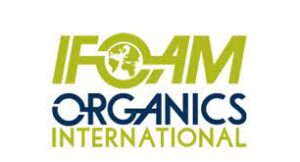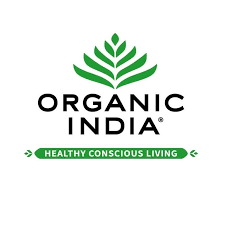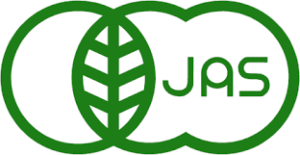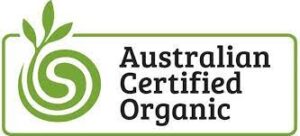Yes, various regulations and certifications exist to ensure the authenticity and adherence to organic farming and production practices. These standards are designed to guarantee that products labeled as “organic” meet specific criteria regarding cultivation, processing, and labeling. Here are some of the most widely recognized regulations and certifications for organic products:

IFOAM Organics International: The International Federation of Organic Agriculture Movements (IFOAM) is a global organization working to promote organic farming and sustainability. IFOAM’s Organic Guarantee System provides a framework for organic certification worldwide, and many certification bodies adhere to these international standards.

India Organic (India): In India, the National Programme for Organic Production (NPOP) under the Ministry of Commerce and Industry governs organic certification. The “India Organic” logo is used to identify organic products meeting NPOP standards.

USDA Organic (United States): The United States Department of Agriculture (USDA) oversees the National Organic Program (NOP), which establishes the standards for organic farming and processing in the U.S. Products carrying the USDA Organic seal must meet strict criteria, including the use of organic farming practices and the avoidance of synthetic pesticides, herbicides, and genetically modified organisms(GMOs).
EU Organic (European Union): The European Union has its own set of regulations for organic products, and products meeting these standards are labeled with the EU Organic logo. These regulations cover various aspects, including soil fertility, crop rotation, pest control, and the prohibition of synthetic chemicals.

Canadian Organic Standards (Canada): In Canada, the Canadian Food Inspection Agency (CFIA) oversees the Organic Products Regulations, which set out the standards for organic agriculture and food production. Products meeting these standards can carry the Canada Organic logo.

JAS Organic (Japan): Japan has its own organic certification system, the Japan Agricultural Standard (JAS). Products meeting JAS Organic standards can be labeled as organic in the Japanese market.

Australian Certified Organic (Australia): The Australian Certified Organic (ACO) certification is one of the major organic certifications in Australia. It ensures that products comply with strict organic standards and principles.
It’s important for consumers to look for these certification labels when purchasing organic products. These labels provide assurance that the products have undergone rigorous inspections and meet the established organic standards. Keep in mind that certification requirements may vary by country, so the specific regulations applicable to a product depend on its country of origin.
